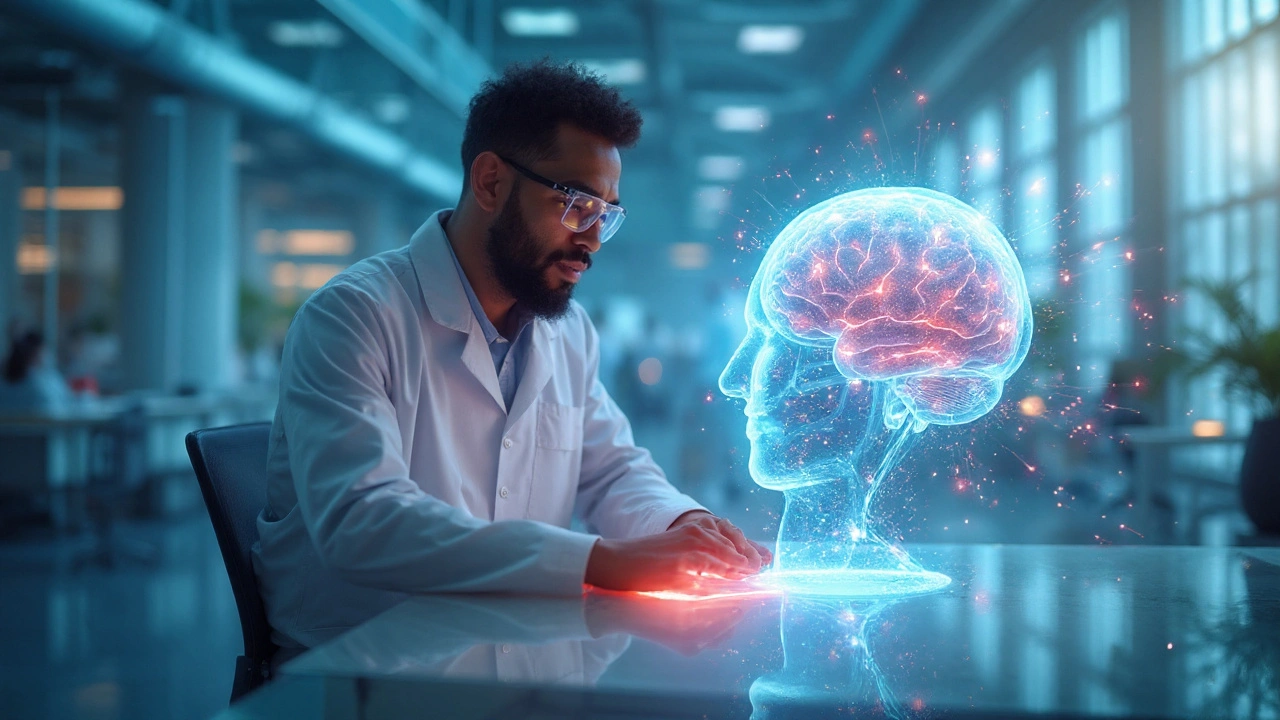What Is a Nootropic and Why It Matters
When you hear the word “nootropic,” you probably think of a smart drug that makes you think faster. In reality, a nootropic is any supplement or medication that supports memory, focus, or overall brain health without causing major side effects. Think of it as a gentle upgrade for your mental engine rather than a risky shortcut.
Most nootropics work by improving blood flow, boosting neurotransmitter levels, or protecting brain cells from damage. Because the brain uses a lot of energy, even small tweaks can feel like a big jump in productivity. If you’ve ever struggled with a mid‑day slump or can’t remember a name you just heard, a well‑chosen nootropic might help smooth those bumps.
Common Types of Nootropics and How They Work
There are three big groups you’ll see on the market:
- Natural herbs and extracts – Things like bacopa monnieri, ginkgo biloba, and rhodiola rosea have been used for centuries to support alertness and reduce stress.
- Vitamins and minerals – B‑vitamins, magnesium, and zinc play key roles in neurotransmitter synthesis, so a shortfall can hurt focus.
- Synthetic compounds – Substances such as piracetam, modafinil, and noopept are designed to enhance cognition more directly. They often need a prescription or careful dosing.
Choosing a type depends on your goals and how much risk you’re comfortable with. Natural options are usually gentler and easier to find over the counter, while synthetic ones can offer stronger effects but may need a doctor’s guidance.
How to Pick a Safe and Effective Nootropic
Start with a clear purpose. Are you after better focus for work, sharper memory for studying, or overall brain health for aging? Write that down; it keeps you from buying a product that promises everything but delivers little.
Check the ingredient list. Look for transparent labeling, third‑party testing, and dosage amounts that match the research. For example, studies on bacopa usually use 300 mg of a standardized extract, not a vague “herbal blend.”
Read reviews from real users, not just the brand’s website. Forums and reputable health sites often discuss side effects that you won’t see in the marketing copy. If many people mention headaches or insomnia, that’s a red flag.
Start low and go slow. Begin with half the suggested dose for a week, see how you feel, then gradually increase if needed. This approach helps you spot any unwanted reactions before they become a problem.
Finally, talk to a healthcare professional, especially if you take prescription meds. Some nootropics can interact with blood thinners, antidepressants, or blood pressure drugs.
When you combine the right product with good sleep, regular exercise, and a balanced diet, nootropics become a useful tool rather than a magic fix. They can boost mental stamina, but they won’t replace fundamentals like hydration and stress management.
So, if you’re curious about giving your brain a little extra fuel, start with a well‑researched, low‑risk option and monitor the results. Over time you’ll learn what works for you and can adjust the regimen accordingly.

- Aug, 23 2025
- Comments 7